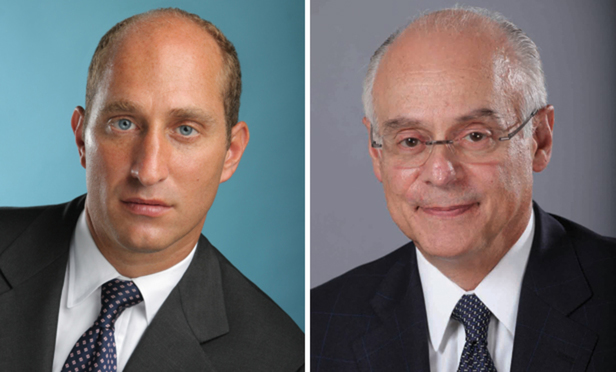Since at least as early as 1849, in the case of Dolittle v. Eddy,1 New York law has defined a license as the “authority to enter on the lands of another, and do a particular act or series of acts, without possessing any interest in the land.” Unlike a tenant who obtains the exclusive right to use and occupy the premises pursuant to a lease in consideration of the payment of rent, a licensee obtains no interest in the land, but only a revocable privilege to use it temporarily for a specified fee. Although the court in Dolittle recognized that “[i]t is sometimes difficult to distinguish between an easement, a license, and a lease,” the authors of this article, nine years ago, published a thorough review of the case law distinguishing leases from licenses,2 and we noted that New York courts had consistently held a license exists when (1) the owner retains absolute control over the premises,3 (2) the owner supplies all of the essential services required for the licensee’s permitted use of the premises,4 and (3) the owner may revoke the permitted use of the premises “at will.”5 Since then, due to the frustration and delays in evictions that commercial landlords have suffered for decades, practitioners have increasingly advised their clients to turn to licensing and self-help lease provisions to facilitate more swift and less costly eviction proceedings.
In February of this year, in Union Square Park Community Coalition, v. New York City Department of Parks and Recreation,6 the New York Court of Appeals appears to have redefined and narrowed the limits of what distinguishes a license from a lease by expanding the scope of what may be deemed a license.7 In doing so, the court adopted an approach it had never previously used in such cases. By seemingly setting aside the traditional rule distinguishing a lease from a license, the court has made it much easier for landowners to require that users of their premises be subject to controls that traditionally have been included only in leases.
Factors Considered
This content has been archived. It is available through our partners, LexisNexis® and Bloomberg Law.
To view this content, please continue to their sites.
Not a Lexis Subscriber?
Subscribe Now
Not a Bloomberg Law Subscriber?
Subscribe Now
LexisNexis® and Bloomberg Law are third party online distributors of the broad collection of current and archived versions of ALM's legal news publications. LexisNexis® and Bloomberg Law customers are able to access and use ALM's content, including content from the National Law Journal, The American Lawyer, Legaltech News, The New York Law Journal, and Corporate Counsel, as well as other sources of legal information.
For questions call 1-877-256-2472 or contact us at [email protected]



